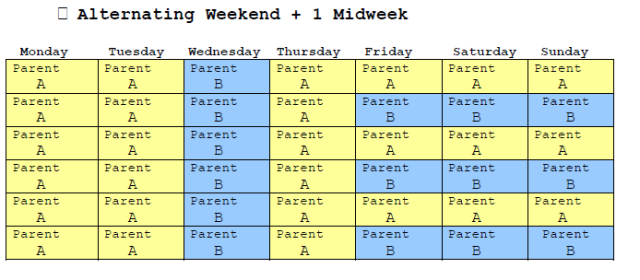Does My Child Have A Say In Custody?
So, you are thinking about divorce. You, like many parents, may wonder whether your child has a say in the custody (also known as time-sharing) schedule. Depending on your child’s age and maturity level, your child might have have some input in what your timesharing schedule should look like. However, a child under the age of 18 does not have the final say in a time-sharing schedule.
How Your Child Can Have A Say In Custody
Whether your child has a say may depend on whether you choose to litigate your case, or instead, participate in alternative dispute resolution like collaboration or mediation. In most litigated cases, a judge will not allow a child to participate in the proceedings. However, if you proceed with collaborative practice or mediation, your child may be able to participate if you and your spouse agree. If so, your child may attend a portion of the mediation or collaborative meeting. The mediator or collaborative facilitator will help determine the appropriate forum for the child to express his wishes and whether you and your spouse should be present.




